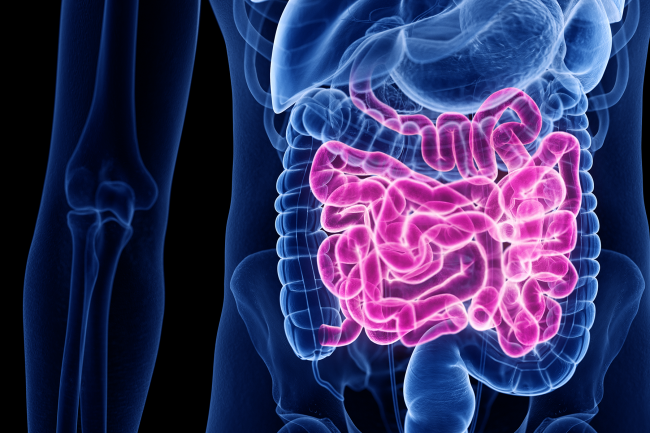CQ: With regard to the KTN’s Microbiome Roadmap, specifically, there's some good points emphasised in the report to elevate microbiome research in the UK, such as setting up microbiome centres, and the focus on novel technologies, but the breadth of the research funded needs to be diversified and not just focused on a small number of universities.
I think much is down to correlative or causative. To design experiments in the future more towards the direction of really proving a point, rather than just finding a correlation. It’s important to test and manipulate the microbiota and prove that there is more than a correlation on your computer. If you change the microbiota, and it results in an outcome, then it's causative. For instance, there have now been successful clinical trials of probiotics, such as Akkermansia muciniphila, for the treatment of metabolic disorders and diabetes.
Hopefully there's also less intrusive techniques that can be used, such as metabolomics, that gives us a better understanding of the mechanism and one that is more plausible which results in causation. In many cases, you probably need to break research down and go back to the petri dish and classical microbiology again - even, as mentioned in the report, focusing on trying to culture microbes for health benefits.
FH: In supporting enabling and microbiome technologies, there’s a lot of opportunity at the Earlham Institute because it combines access to advanced sequencing machines, very powerful computers and the matching bioinformatics expertise. The close work with the Quadram Institute, which Chris and I are both part of, is a crucial link in this, giving access to microbiology and gut health expertise at an international level. It’s a very good research arrangement between the two leading institutes.















